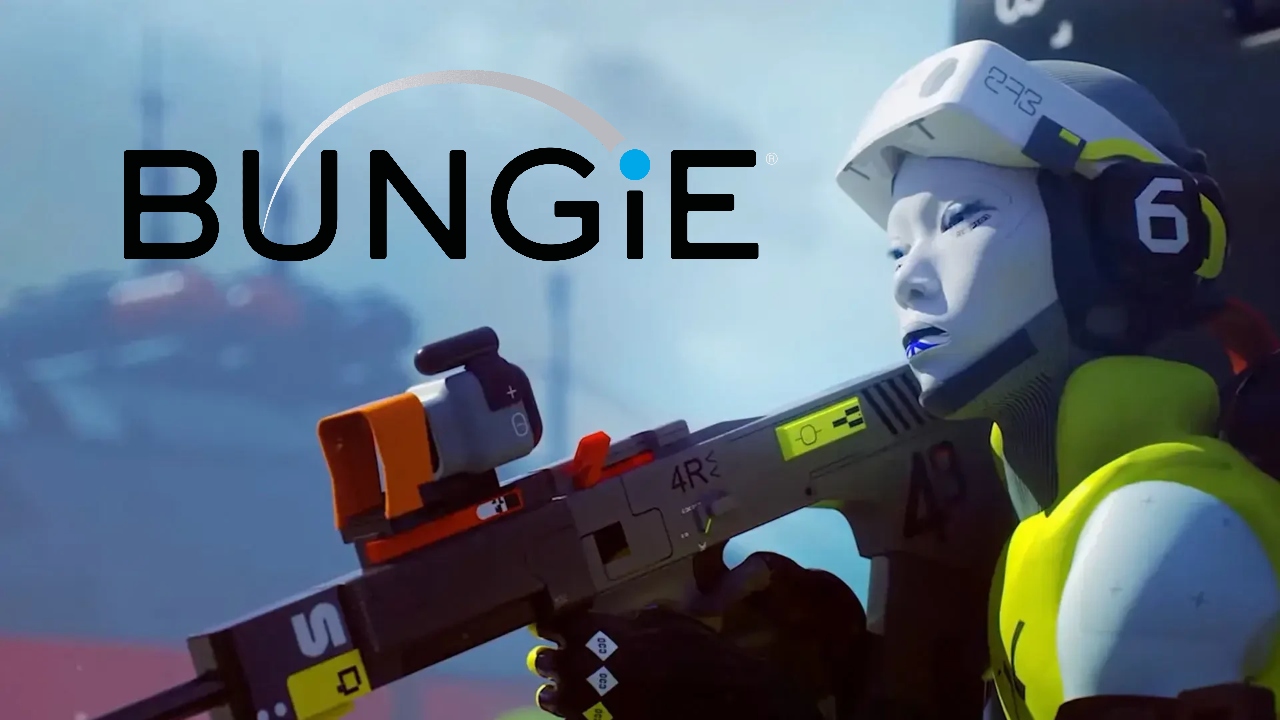The ongoing dispute over the Marathon alpha’s alleged use of uncredited artwork has reignited a frustratingly familiar debate across the gaming industry.
At the center stands independent artist N², known online as @4ntr1r34l, whose distinctive 2017 poster designs appear to have been replicated in Bungie’s upcoming shooter Marathon without permission or compensation.
In a detailed thread on X (formerly Twitter) that quickly gained traction, N² described their decade-long journey developing a unique visual style, only to see design elements repeatedly surface in major studio projects.
While careful not to frame this as deliberate theft, their exhaustion was palpable. “It’s exhausting,” they wrote, “to see your work repurposed as inspiration while you remain invisible in the credits.” The situation carries particular weight because, as N² noted, several Bungie artists — including environment artist Joseph Cross — had followed their work for years, suggesting at least some awareness within the studio.
Bungie responded through the Marathon development team, acknowledging that a former employee incorporated unauthorized assets into a texture sheet, which ultimately made its way into the game.
The studio claimed they were unaware of these assets until public outcry began, but many in the artistic community are skeptical. In standard corporate fashion, they’ve initiated an internal review, contacted N² directly, and promised improved oversight procedures moving forward.
This controversy highlights two persistent issues plaguing creative industries. First, the nebulous boundary between inspiration and appropriation remains dangerously ill-defined. Second, independent creators’ continued systematic exclusion from conversations about their own influence.
While Bungie addresses this specific case, N²’s experience reflects a much broader pattern of artistic labor being co-opted without proper recognition or compensation.
The implications extend far beyond a single game or studio, raising vital questions about how the gaming industry values and protects creative work. As development cycles grow more compressed and visual references circulate endlessly online, cases like this will likely multiply unless structural changes are implemented.
The solution requires more than just better internal controls at major studios; it demands an industry-wide reckoning with how artistic credit is assigned and compensated, particularly when dealing with independent creators whose work often serves as the unacknowledged foundation for major projects.
For now, all eyes remain on Bungie. Will they establish a meaningful precedent by properly crediting and compensating N², or will this become another quiet settlement bound by an NDA?
While the gaming community has shown increasing willingness to hold studios accountable for such oversights, what remains to be seen is whether this accountability will translate into lasting change for artists.
Follow us on MSN for more content you love.
Read more:



